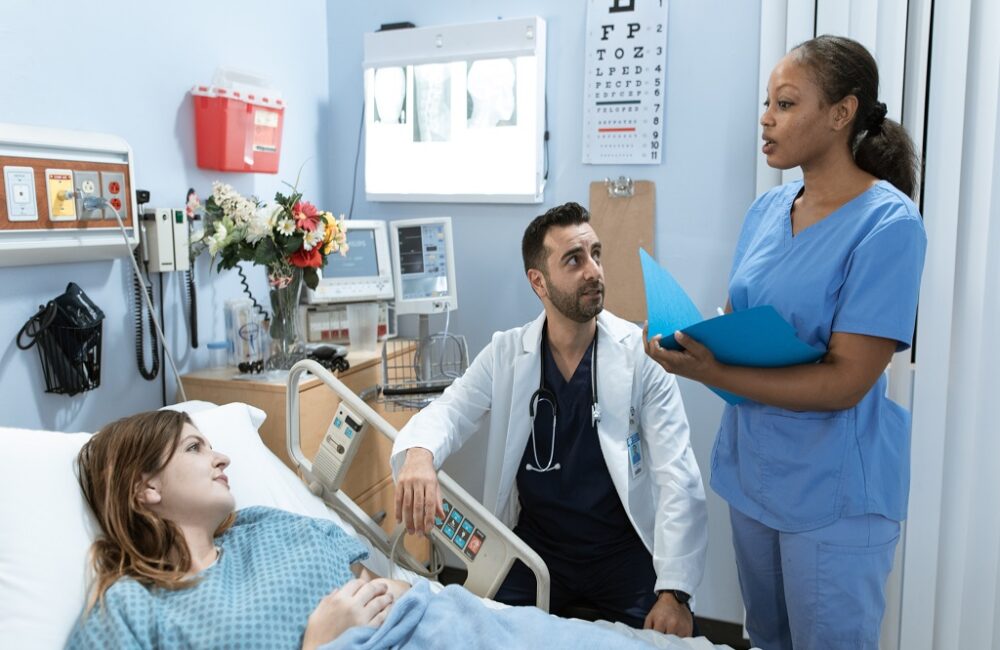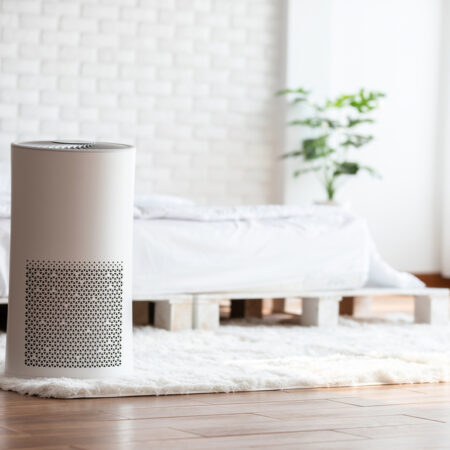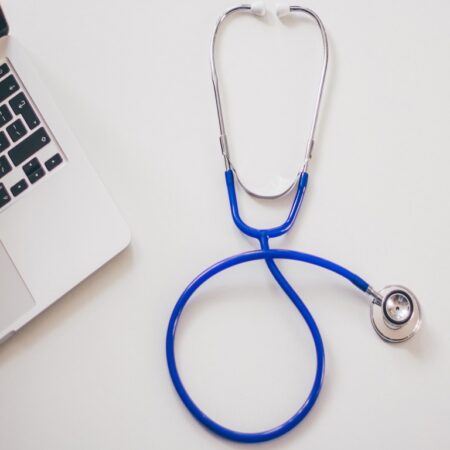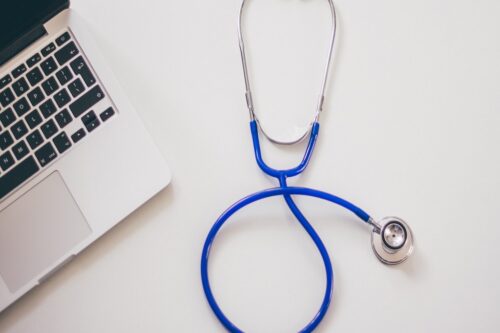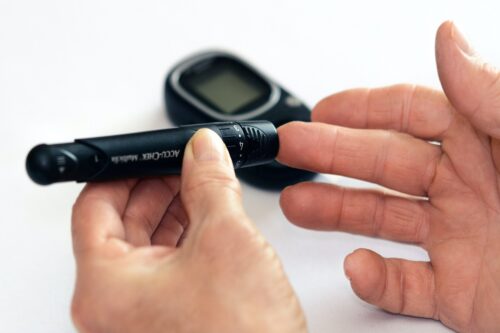Being diagnosed with cancer is a difficult experience for most people. After learning you have cancer, you may feel anxious, overwhelmed, or afraid and wonder what you can do to cope during the days ahead. Here are some of our suggestions on how to cope with a cancer diagnosis.
Try to Get as Much Useful Information as You Can
It’s important that you find out things like what kind of cancer you have, where the cancer is located, whether it has spread, if the cancer can be treated, what other procedures or tests need to be done, what your treatment options are, how the treatment will benefit you, when you should call your doctor, if you can expect any side effects of the treatment, and how likely it is that your family members could also get the same type of cancer. Knowing these details will help you if you want to get a second opinion.
Keep the Lines of Communication Open Always
Always be honest and ensure two-way communication with your doctors and loved ones after you receive your cancer diagnosis. Don’t try to protect people from the news because you will feel isolated if you do that. Instead, if you express yourself to your loved ones honestly, there’s a better chance that you will be able to remain stronger and get the support you need.
Anticipate Physical Changes
When you feel ready, start planning for your changes. Prepare yourself so you are able to cope with the changes later. Ask your healthcare provider what changes you could expect. If the treatment will cause hair loss, you may want to invest in wigs to help you feel more comfortable, if that’s more important to you.
Maintain a Healthy Lifestyle
This can help improve how you feel and your energy level. Make sure to choose a healthy diet consisting of a variety of foods and get enough rest so you can manage the stress and the fatigue from the treatment.
Exercise and participating in activities you enjoy also may help how you feel. Recent data indicates that people who exercise during their treatment not only cope better after their diagnosis but may also live longer.


